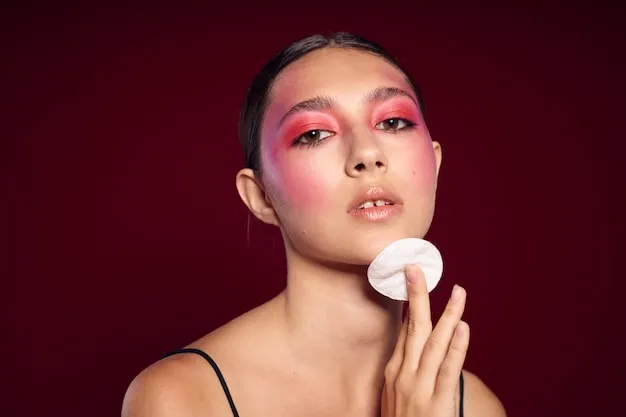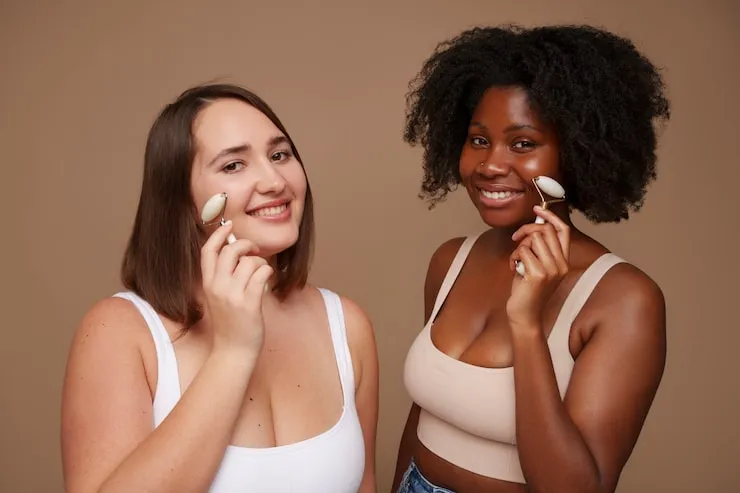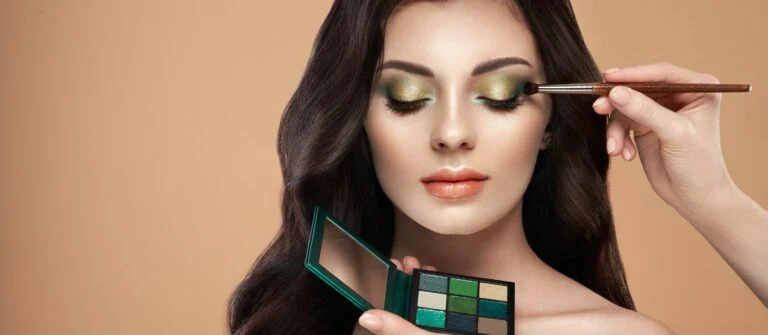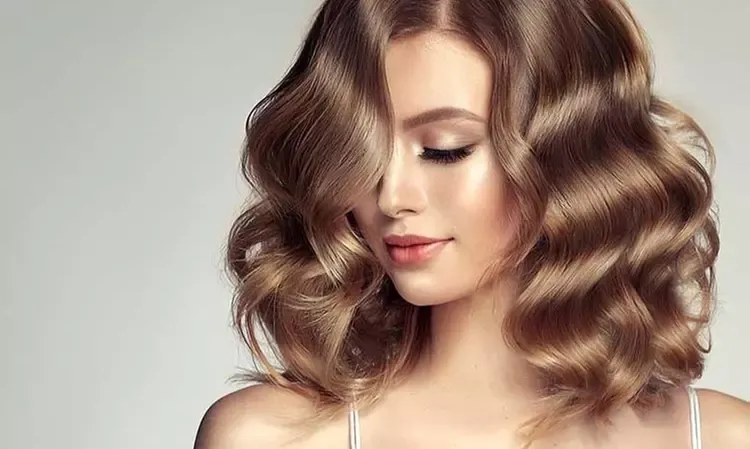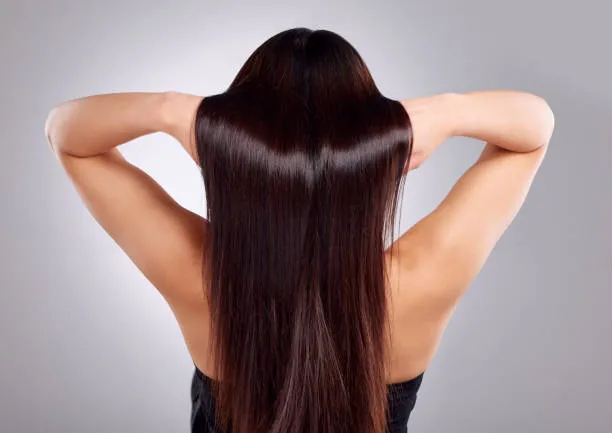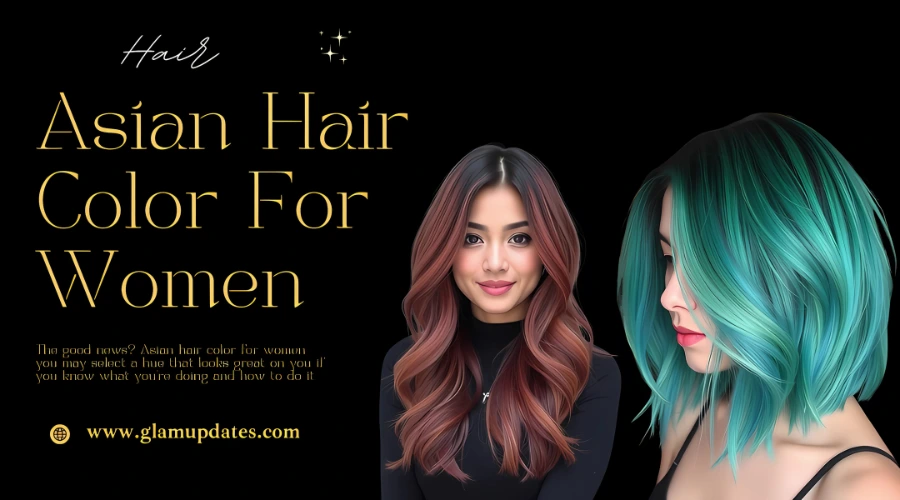Curly Hair: A Guide To Styling And Care
Curly hair is a splendid manifestation of individuality, offering a rich diversity of curl patterns and textures. While it presents its unique set of challenges, the natural beauty of curls is something to be celebrated and embraced.
Understanding Curly Hair Types
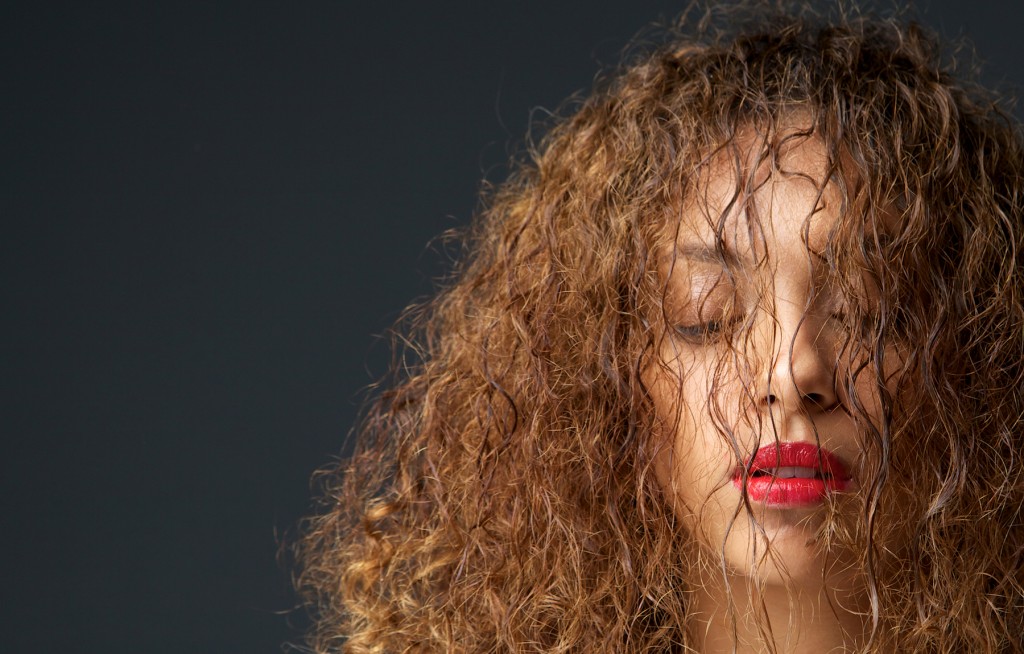
Curly hair spans a spectrum of types, ranging from loose waves (Type 2A) to tight coils (Type 4C). The first step in effective curly hair care and styling is understanding your specific curl pattern.
Curly Hair Care Basics
The fundamental key to healthy curls lies in maintaining moisture. Curly hair tends to be drier, making the use of sulfate-free shampoos and conditioners crucial to retaining moisture without stripping away natural oils.
Cleansing and Conditioning
Determining how often to wash your curls depends on your hair's unique needs. In addition to this, indulging in deep conditioning treatments is vital to keep curls well-hydrated and prevent breakage.
Detangling Techniques

Preserving the integrity of your curls starts with gentle detangling. Using a wide-tooth comb or, even better, your fingers, helps prevent damage and breakage. Patience is a virtue when working through tangles in curly hair.
Styling Products for Curly Hair
The choice of styling products can significantly impact your curly hair routine. Opt for products that define your curls without causing product buildup, allowing your curls to remain bouncy and vibrant.
Heat Styling and Curling Tools
While heat styling can add variety to your look, it's essential to employ safe practices to avoid damage. Selecting the right curling tools and setting them at an appropriate temperature is crucial for maintaining the health of your curls.
Protective Styles for Curly Hair

Braids, twists, and buns aren't just stylish; they also protect your curls from daily wear and tear. Striking a balance between protective styles and allowing your hair to breathe is key for long-term hair health.
Nighttime Hair Care Routine
Investing in a silk or satin pillowcase can significantly reduce friction and prevent frizz. Techniques like pineappling, where you loosely tie your hair on top of your head, help preserve curls overnight.
Dealing with Frizz
Understanding the root causes of frizz is the first step in managing it effectively. Incorporating anti-frizz products and techniques, such as using a microfiber towel instead of a regular one, can help keep frizz under control.
Trimming and Haircuts for Curly Hair
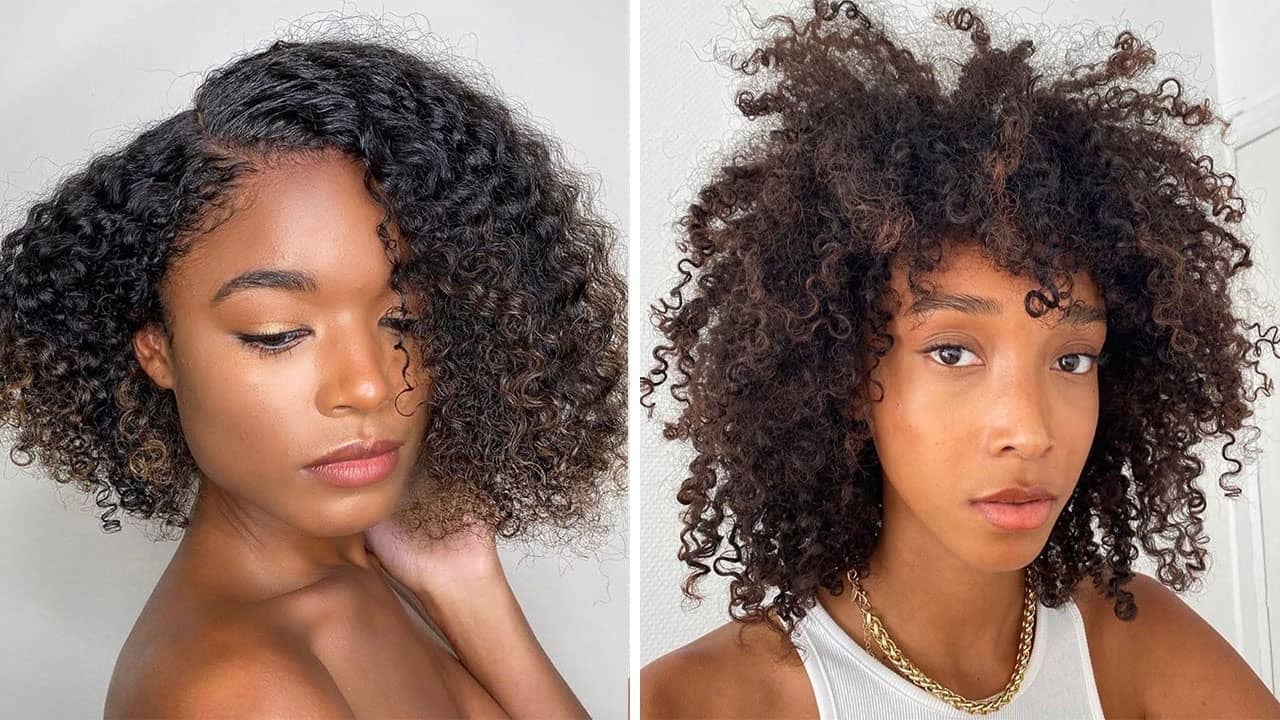
Regular trims are paramount to preventing split ends and maintaining the health of your curls. It's crucial to find a stylist who specializes in curly hair to ensure you receive a cut that enhances your natural curl pattern.
DIY Hair Masks for Curls
Nourishing your curls with homemade masks can be both fun and effective. Ingredients like avocado, honey, and coconut oil are known for their moisturizing properties, offering a natural boost to your hair's health.
Embracing Natural Texture
A positive mindset towards your natural curls is pivotal. Embracing the uniqueness of your curls and celebrating your individuality can boost your confidence and love for your hair, fostering a healthier relationship with your curls.
Curly Hair in Different Climates
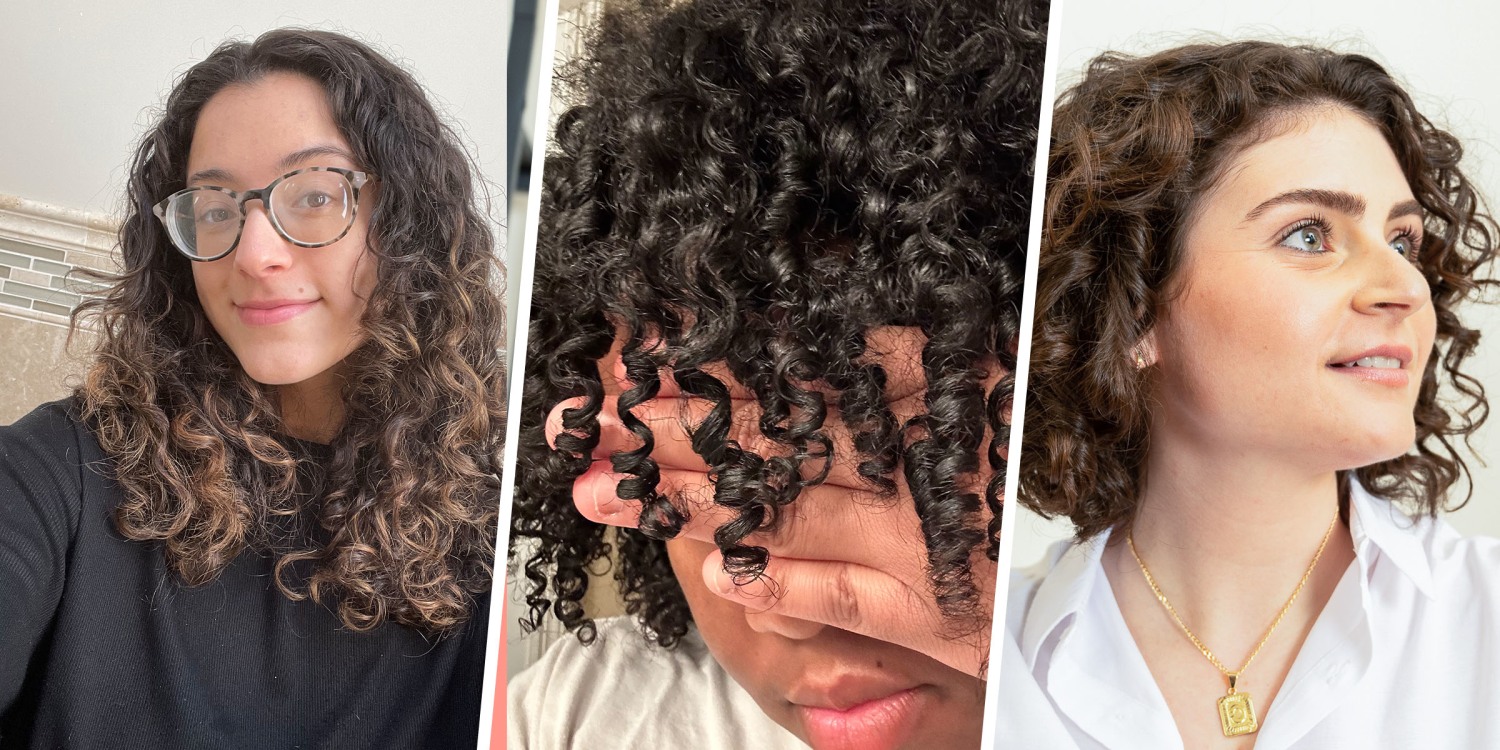
Adapting your hair care routine to different climates is essential for curly hair. In humid conditions, anti-frizz products become more critical, while in dry climates, extra hydration is needed to combat potential dryness and frizz. Protective measures become even more crucial in extreme conditions.
Conclusion
In conclusion, curly hair is a glorious crown that deserves the right care and attention. Understanding your unique curl pattern, embracing protective styles, and maintaining a positive mindset are all key elements in the journey to happy and healthy curls. Celebrate the beauty of your natural texture and let your curls shine.
(FAQs)
Q. Can I straighten my curly hair occasionally?
Ans: Occasional heat styling is acceptable, but it's crucial to use proper heat protection and not make it a daily practice to avoid damage to your curls.
Q. How often should I trim my curly hair?
Ans: Regular trims every 8-12 weeks help prevent split ends and maintain the health of your curls.
Q. Are there specific products for different curl types?
Ans: Yes, many hair care brands offer products tailored to specific curl types. Experimenting with different products will help you find what works best for your curls.
Q. Can I color my curly hair?
Ans: Yes, you can color your curly hair, but it's crucial to use products designed for curly hair and follow proper aftercare to prevent damage.
Q. How can I enhance my natural curl pattern?
Ans: Using curl-enhancing products, such as creams or gels, and adopting proper styling techniques can help enhance and define your natural curl pattern.

